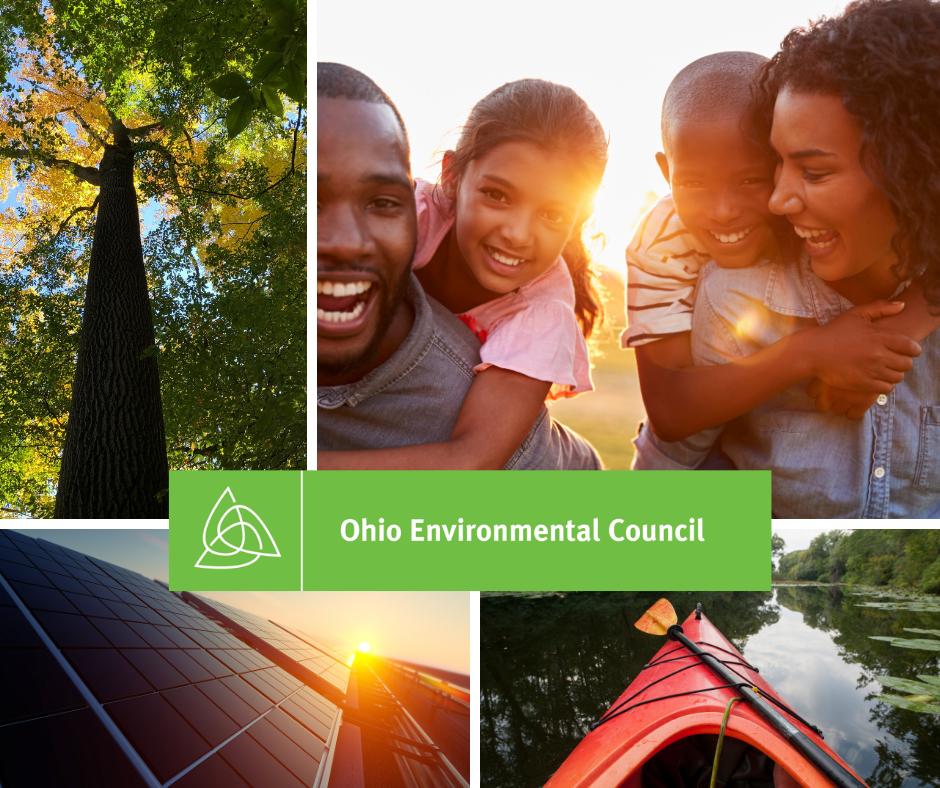Tagged In: Law Center, State Policy
Ohio Environmental Council, June 29, 2015
As Ohio Gov. John Kasich prepares to approve the state’s new two-year operating budget, the Ohio Environmental Council is asking him to veto a half dozen provisions it says are not in the public interest.
“Without warning or debate, lawmakers ladled on several anti-environment riders. With the stroke of his pen, Gov. Kasich can stand up for lawmaking in the public interest and punish lawmaking by the special interests,” said Jack Shaner, OEC Interim Executive Director.
In a letter sent to the governor and several agency officials on Friday, the OEC asked Gov. Kasich to veto the following provisions, all but one of which were added by lawmakers;
1. Community right to know about fracking chemicals bends to bureaucratic bottlenecks – The provision would continue to allow the oil and gas industry to report hazardous chemicals used in fracking to the ODNR; the ODNR, in turn, could selectively choose what chemicals it reports to communities and local authorities. But the Federal Emergency Planning and Community Right to Know Law requires factory and facility owners, including the oil and gas industry, to report directly to the public, firefighters, and other first-responders. The OEC wants the fracking industry held to the same standard as every other industry.
2. Coal industry to stiff-arm landowners to gain entry to mine land – The provision weakens requirements on coal mine operators to provide documentation that they have legal access to land they wish to mine.
3. Private waste haulers try to bury rural recycling – Sought by the private waste disposal industry, the amendment repeals the state law that enables a guaranteed minimum flow of waste material for recycling.
4. Mowing in buffer strips near drinking water reservoirs – This provision would enable property owners to mow grass and vegetation growing in buffer strips adjoining drinking water reservoirs. This could allow more fertilizer to wash into a reservoir, potentially contaminating our water.
5. Forever means forever, except when it comes to replacement wetlands – Current law requires real estate developers to replace a stream or wetland destroyed by a project with a like-size, permanent project. This provision weakens the standard, allowing for only “long term” (and thus, temporary) replacement for permanent destruction.
6. Monopoly utilities win mandate to shift property tax from shareholders to ratepayers – The provision would enable monopoly, investor-owned, electric utility companies to shift the payment of property taxes collected on power plants from billion-dollar companies to Bob and Betty Buckeye — effectively saddling ratepayers with the tab that shareholders pick up today.
The new state budget must be approved along with any line-item vetoes before the new state fiscal year begins on July 1.
